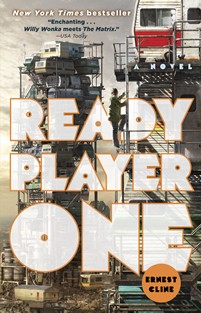
Benchmade Volli on top, Kershaw Blur on bottom.
I just got my hands on a Benchmade Volli, and thought I’d do a quick comparison to the EDC knife that it’s replacing, the Kershaw Blur (black non-serrated blade). Here are my observations so far:
- The Volli is clipped so that it sits tip-up in the pocket. The Blur is tip-down, so that’s taking some getting used to.
- The handle on the Volli is noticeably thicker/fatter than the handle on the Blur. Since the clip also has a higher profile, the entire package is quite a bit bulkier in a pocket
- The AXIS lock on the Volli is really nice, and the locking mechanism along the spine is a nice touch — you can double-lock the blade open for heavier work.
- The Blur has a faster spring-assist, and a more satisfying “clunk” when coming open. I think the sound/clunk comes partially from the aluminum frame (vs the Volli’s “G10” handle, which is some kind of plastic/fiber stuff).
- The Volli has zero blade-play, which the Blur has a bit.
- The thumb-stud on the Blur is “one-sided”, and has a bit sharper of an edge on it, which can be good or bad.
- Because of the slightly wider handle (and thus wider arc to get around it), I find the Volli harder to close one-handed.
- The straight edge on the Volli’s blade is a big plus for me. The slightly curving blade on the Blur really annoyed me when sharpening it.
- Handle length is (almost?) identical. Blade is a little longer on the Blur.
- The Blur is a little heavier .
- I really like the blade grind on the Volli.
- The Volli’s blade is a little thinner than the Blur, and is also ground down along the spine to make it appear even thinner still.
- Since the handle on the Volli is plastic, I guess I won’t be able to use it as reliably as a bottle opener (note the scratched out surface on the Blur, where the blade meets the handle 🙂 ).
Overall, I’m happy with the Volli, and will definitely keep is as my EDC (at least for now). I do think that if you could take the Volli blade and put it on something resembling the Blur handle, but keep the AXIS lock, you might really have a winner.







